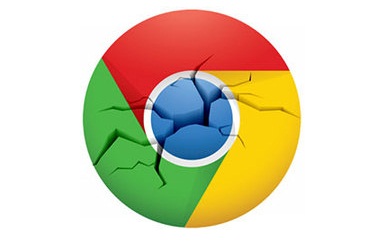Google Chrome Feedly And Twitter Extensions Pulled In Adware Scare

Two extensions to Google’s Chrome browser concerning social media were apparently spamming users with ads
Google has been forced to pull two extensions for its Chrome browser following claims from users that the add-ons were spamming them with unwanted advertisements.
The two extensions, “Add to Feedly” and “Tweet This Page”, were apparently updated covertly to include extra code that served unwanted ads. A user review for “Add to Feedly” called the extension “spam” that caused ads to suddenly pop up on any website visited.
Both extensions have since been removed from the Chrome store, although the damage is thought to be relatively minor as both had only around 100,000 users each.
 Losing its shine?
Losing its shine?
Google recently updated its privacy policy to prevent software developers from using extensions to insert advertising on multiple areas of a page. The company states that extensions, “must have a single purpose that is narrow and easy-to-understand”.
The search giant has come under a lot of pressure recently regarding its data privacy, being fined $150,000 by a French court earlier this month for not clarifying its privacy policies, especially those concerning the information it collects from its users. H
owever this is only part of a worldwide series of court cases for Google, which is currently facing investigations into its policies in several countries. The company also came under fire for recently integrating its Google+ social media network more closely to its Gmail service, meaning that users could potentially be contacted by strangers and spammers.
The news is especially worrying for Chrome users as several other developers have since disclosed that they have been offered money to incorporate code for advertisements into their extensions, widening the possible harmful reach of spammers. Amit Agarwal, the developer of the ‘Add to Feedly’ extension described last week how he sold it for a ‘four-figure sum’ (a decision he goes on to describe as ‘probably a bad idea’), following contact from a mystery company, and was saddened to see that an update released a month later incorporated advertising into it.
Following further investigations by the Wall Street Journal, Google removed the extensions without comment.
What do you know about Google? Find out with our quiz!
 Losing its shine?
Losing its shine?